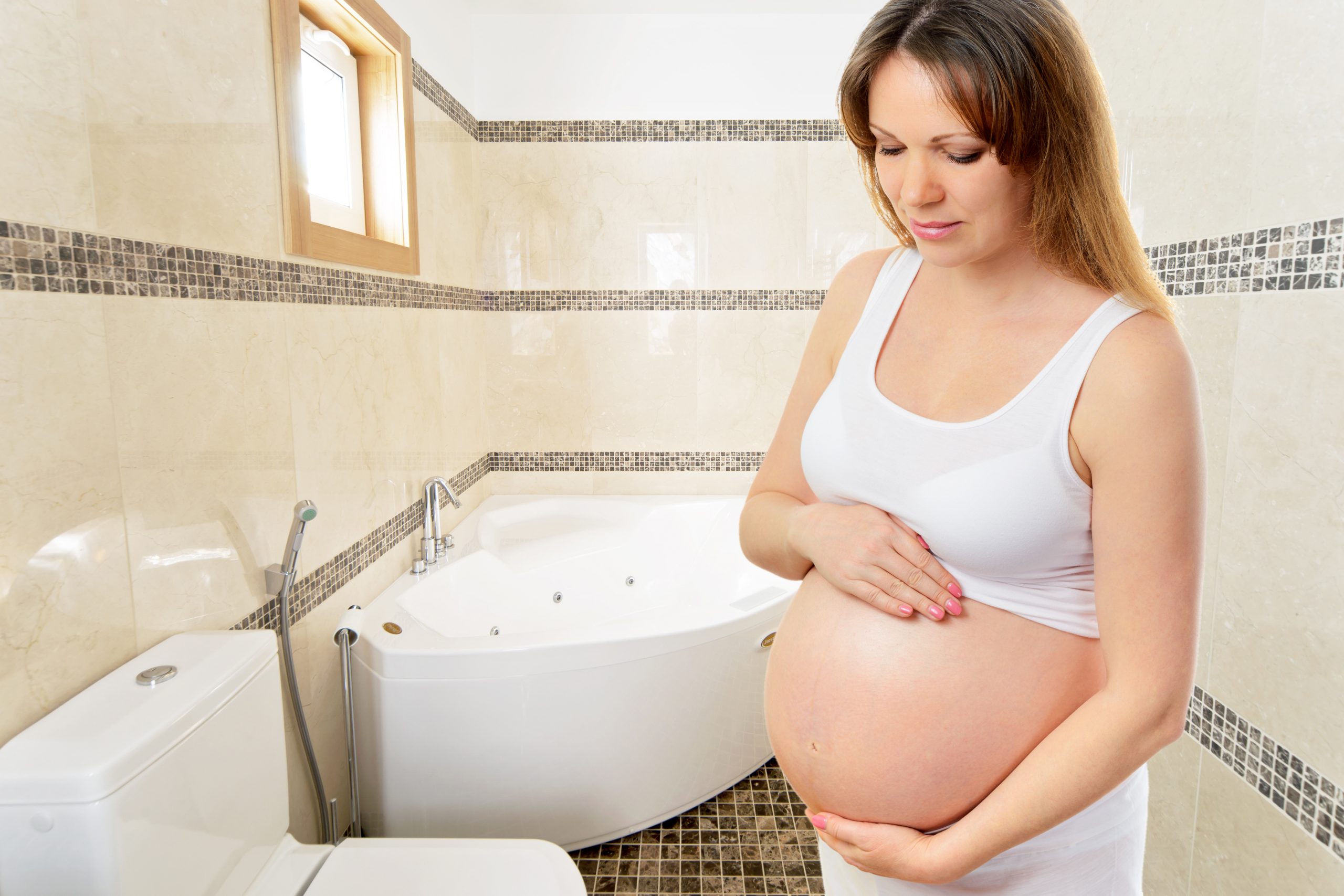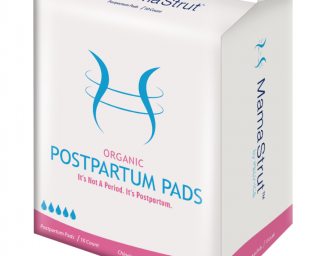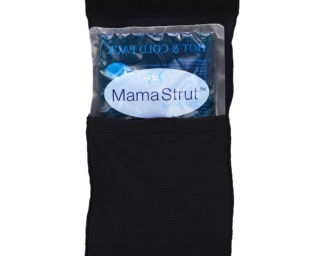
Urinary tract infections (UTIs) are unfortunately very common during pregnancy and postpartum. Your urinary tract includes your urethra, kidneys, and bladder. Pregnancy causes changes to the urethra, hormones, pressure on the bladder, prolapse, a weak pelvic floor, and a harder time staying clean, these are all factors that can cause infection. Pregnancy is also a state of immunocompromise, meaning you have a lowered ability to fight infections and diseases.
It’s rare that a UTI will cause problems with your pregnancy and usually, they are easy to treat. But when you’re pregnant or have a newborn, it’s the last thing you want to think about.
How Do you get a UTI?
These infections happen when outside bacteria get into the urethra or develop in the urinary tract. Symptoms of a UTI can include,
-
Persistent urge to urinate
-
A burning or painful sensation while using the bathroom
-
Only peeing in small amounts
-
Cloudy, red, pink, or brown colored urine
-
Bad smelling urine
-
Pelvic pain or pressure
-
Pain during sex
-
Incontinence
-
Chills, fever, nausea, vomiting
Obesity, diabetes, a weak pelvic floor, organ prolapse, age, disabilities, and injuries can also all make UTIs more common.
How to Avoid UTIs
-
Drink enough fluids
-
Adopt a healthy diet
-
Go to the bathroom regularly
-
Wipe from front to back
-
Use a mild soap
-
Pee and rinse off after sex
-
Wear clean, breathable underwear
-
Don’t wear clothing that is too tight
-
Avoid long or soapy baths
UTIs while Pregnant or Breastfeeding
Talk with your doctor about your UTI. UTIs are common and safe to have while pregnant and breastfeeding (not that you want them!). The important thing is making sure they don’t spread into something more serious.
Kidney infections (pyelonephritis) can happen when your UTI is not taken care of or because your urine is not being properly drained from the kidney to the bladder due to pressure from pregnancy and hormones. Pyelonephritis can cause an infection of your blood (sepsis), respiratory problems, and preterm labor if untreated.
Your doctor will prescribe antibiotics that are safe for pregnancy and breastfeeding. Make sure you take all of the doses, even if you start to feel better. Learn the signs of a UTI and do what you can to prevent them!






